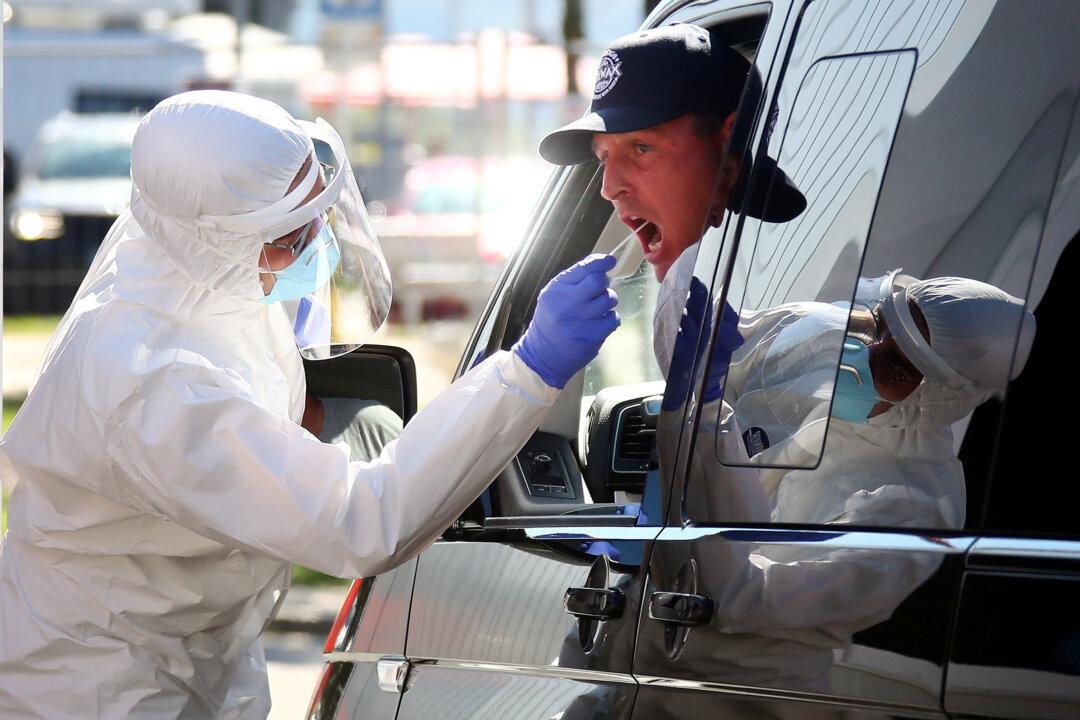There has been a lot of discussion on herd immunity to COVID-19 lately as new studies suggest that people’s immune system has the ability to recognize the virus, explaining why certain individuals have only mild symptoms or none at all.
Herd immunity happens when a large number of people are immune to a disease—either from prior infection or vaccination—which acts to stop or slow down the spread, thus protecting the entire community, including those who have not had the illness.






